Not only is he the first person in the West to raise don as a mountain specialty, Mr. Nguyen Van Chuc (51 years old, from Nam Dinh in Binh Thuy district, Can Tho city) also earns billions of dong each year thanks to his creativity in raising many other mountain specialties such as raising dui, raising civet...
The first don breeder in the West makes mountain specialties
Recently, many people have known Mr. Nguyen Van Chuc (51 years old, from Nam Dinh) because he is considered the first person to raise don in the Southwest region.
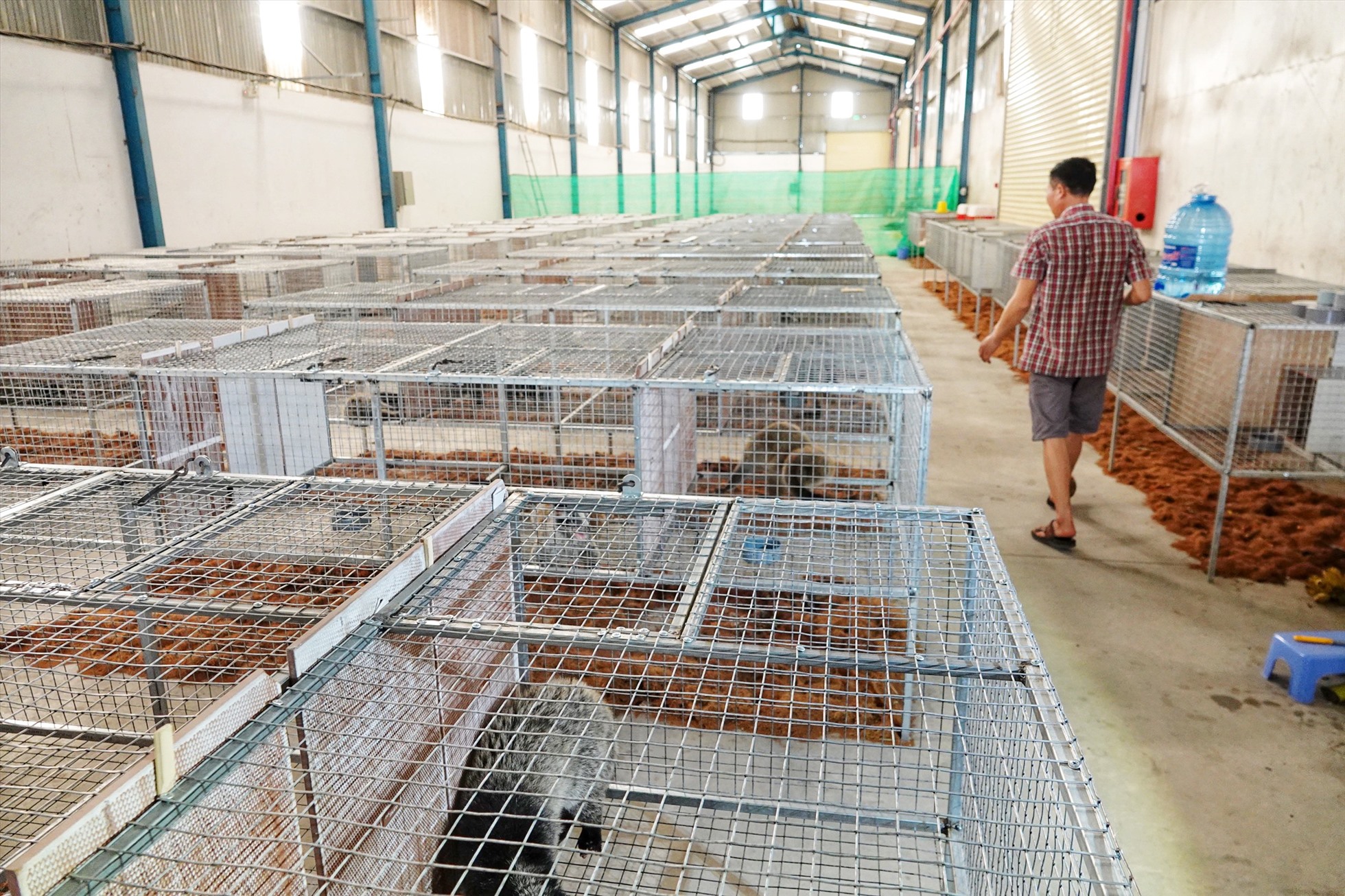
Mr. Nguyen Van Chuc's farm raising mountain specialties in Binh Thuy district, Can Tho city. Photo: Yen Phuong.
Currently, Mr. Chuc has a livestock farm in Binh Thuy district, Can Tho city, with an area of about 1,000m2 , which was just established at the end of 2022. His farm specializes in raising mountain specialties, typically don.
“Don is a wild animal with strong resistance, rarely gets sick, so it is quite easy to raise. Feed them 2 meals a day, mainly vegetables, bananas, tubers, bamboo, squash… in the evening feed them fish porridge, chicken porridge.
"It is important that the food source is clean, free of pesticides and fertilizers, and avoids spoiled or spoiled food," said Mr. Chuc.
Mr. Chuc said that he made the don cage to simulate a cave for don to sleep and reproduce, each year this animal will reproduce twice. He is currently raising 80 don, after a year they will weigh 4 - 5kg each.
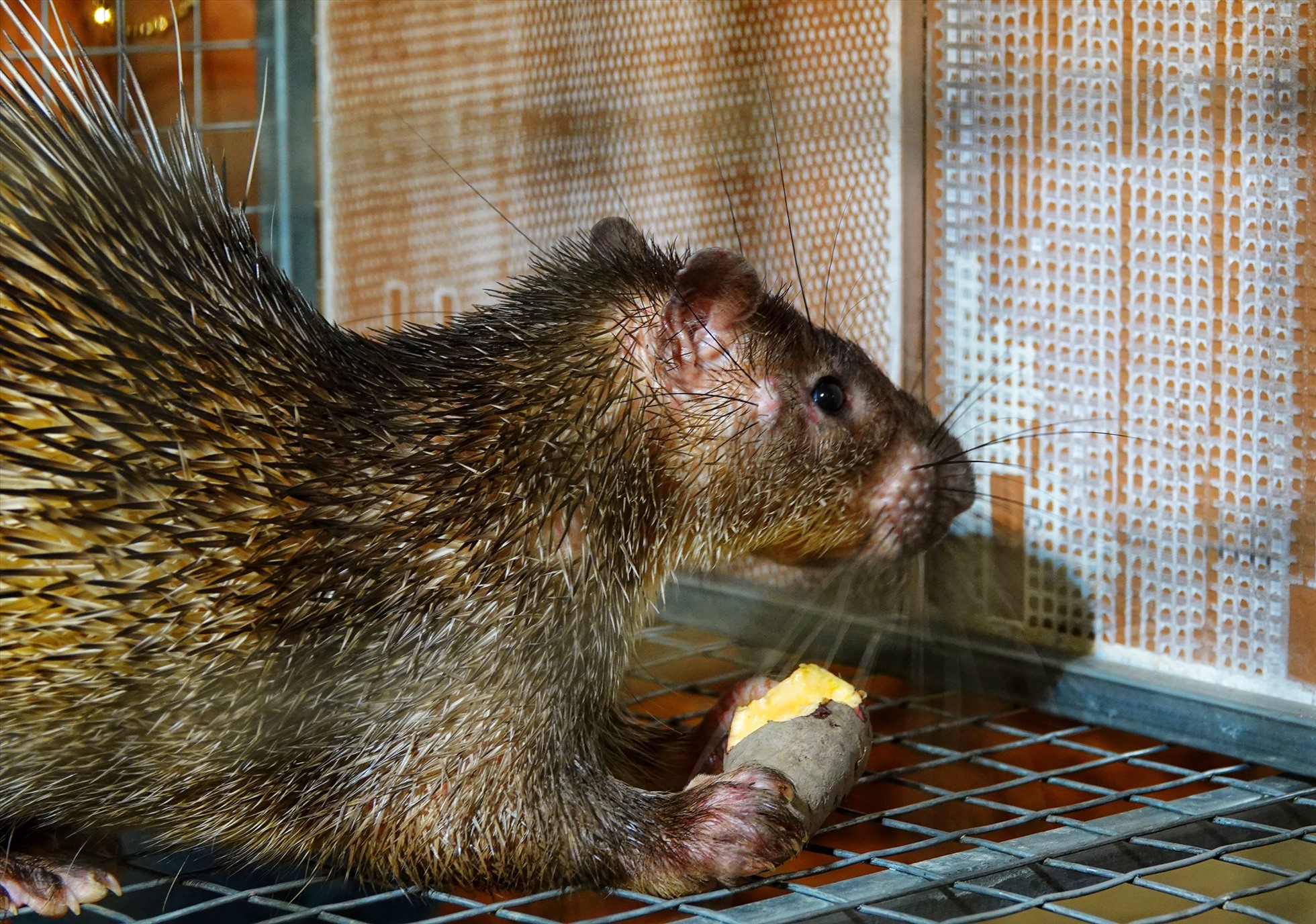
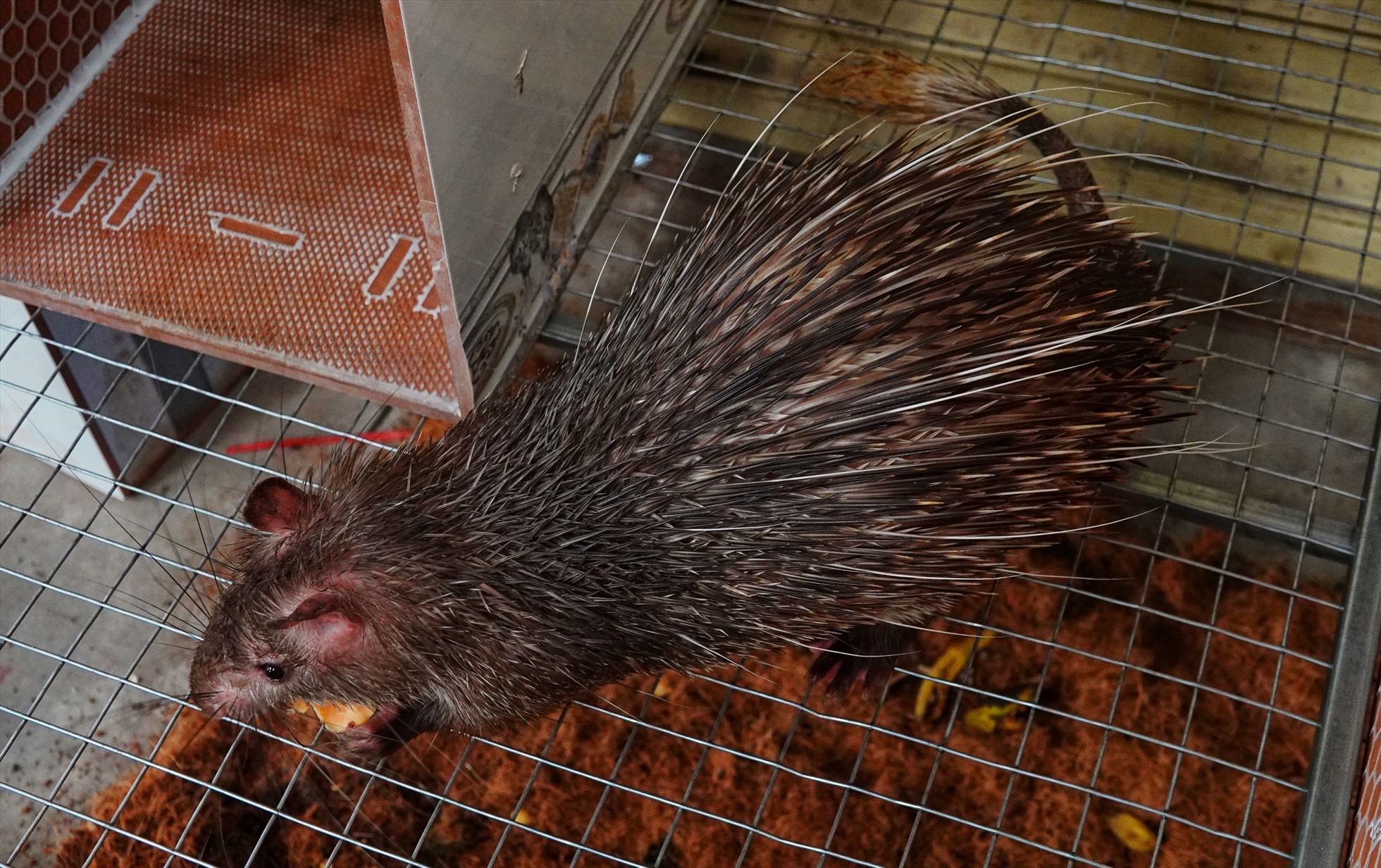
Mr. Chuc is currently considered the first person to raise don-con, a specialty of the mountains and forests in the West. Photo: Yen Phuong.
According to Mr. Chuc, in order to raise wild animals considered specialties, he has registered a full license to raise wild animals. The breeding animals at the farm all have clear origins.
Huge annual income from specialty animal farm
Not only is he the first don breeder in the West, Mr. Chuc now also has a "huge" income every year thanks to his creativity in raising other mountain specialties.
Mr. Chuc said that before that, he studied construction. During his time working, he built a house for a bamboo rat farm owner in the Northwest. Seeing the high economic efficiency, he began to learn and decided to switch to this farming profession since 2003.
At first, he only raised a small number, then multiplied the herd and developed the farm in the Northern region.
After 20 years of persistent learning and accumulating experience, Mr. Chuc is now the owner of a chain of farms raising mountain specialties in many provinces and cities across the country, typically Can Tho, Nghe An and Hanoi.
“On the farm in Can Tho, in addition to raising don, I also raise two other special species: bamboo rats and civets. There are 100 civets, 120 parent bamboo rats and over 1,000 babies,” said Mr. Chuc.
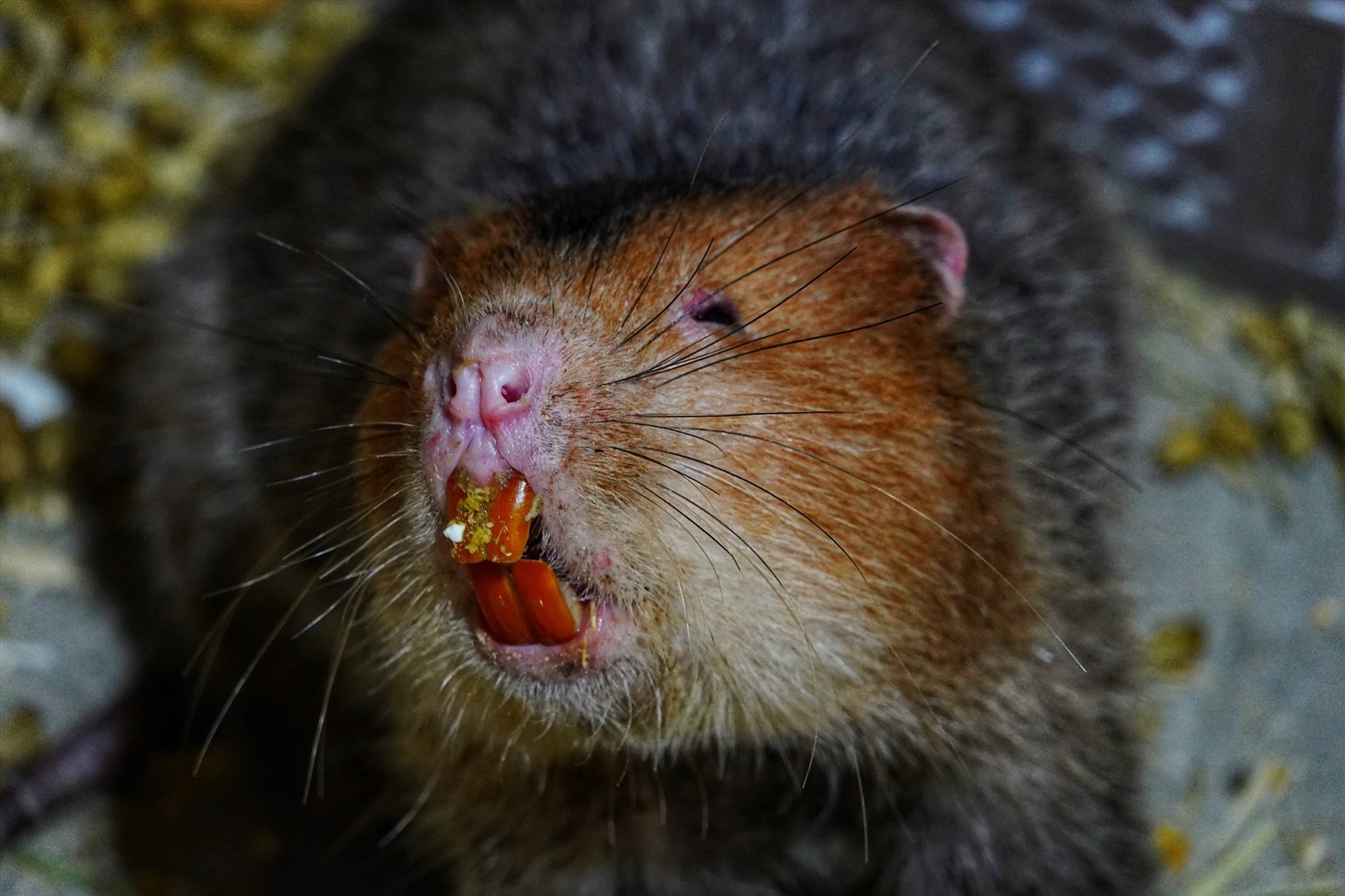
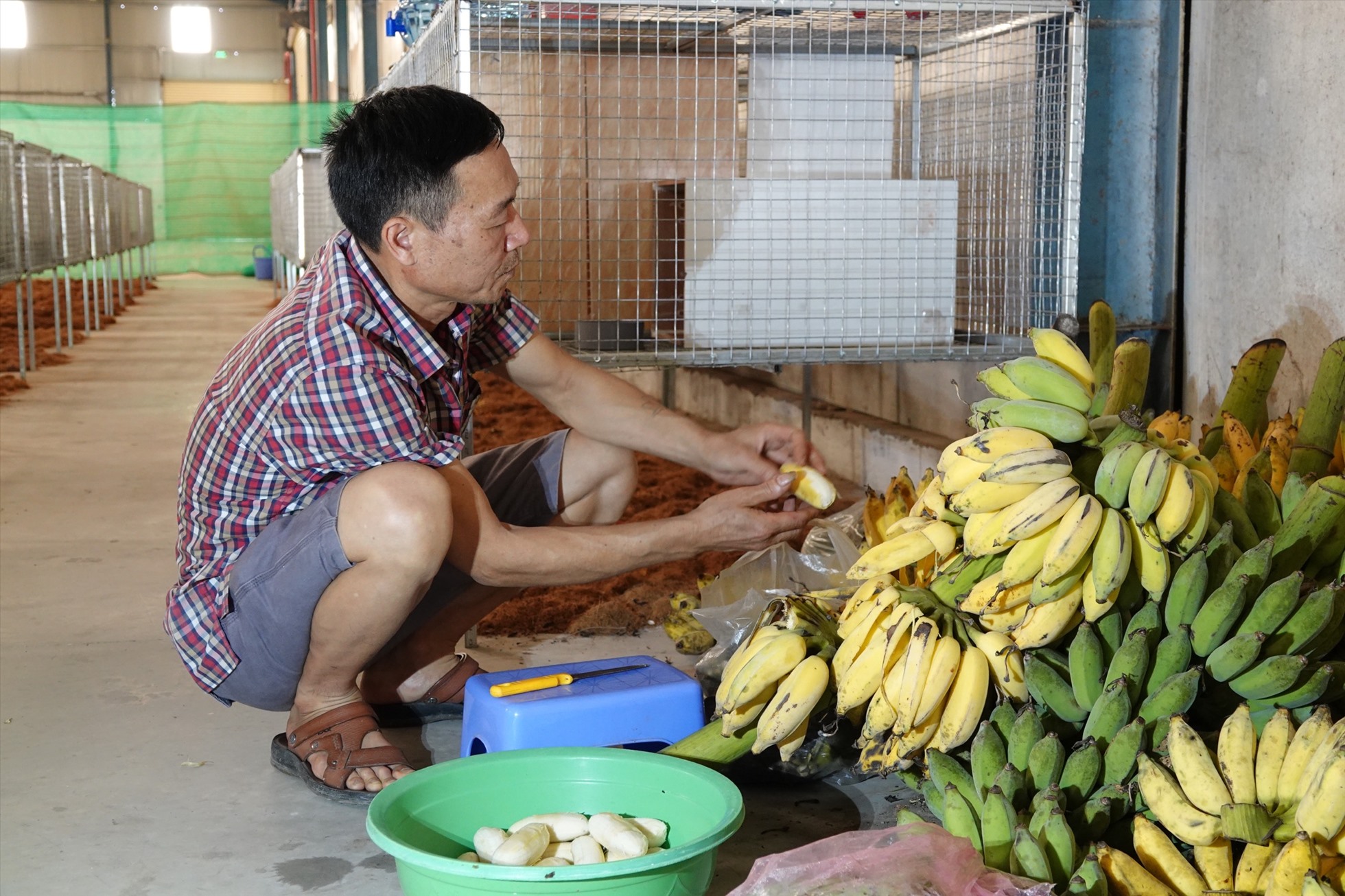
The civet will eat two meals a day, the main food of the civet is ripe bananas.... Photo: Yen Phuong.
According to Mr. Chuc, raising livestock in the Western region is quite favorable, from the climate to the food source. Currently, he takes advantage of the available barns and combines them with net pens to raise livestock. Every day, he also takes care of them and feeds them 2 meals similar to raising don.
“The bamboo rats I chose to raise are the Thai peach-cheeked bamboo rats and the Chinese bamboo rats. This species does not need to be fed at night. Weasels reproduce twice a year, while bamboo rats reproduce three times a year.
These species can be sold after one year of raising. Thai peach-cheeked bamboo rats will weigh 3 - 5kg/animal, and weasels 7 - 8kg/animal" - Mr. Chuc informed.
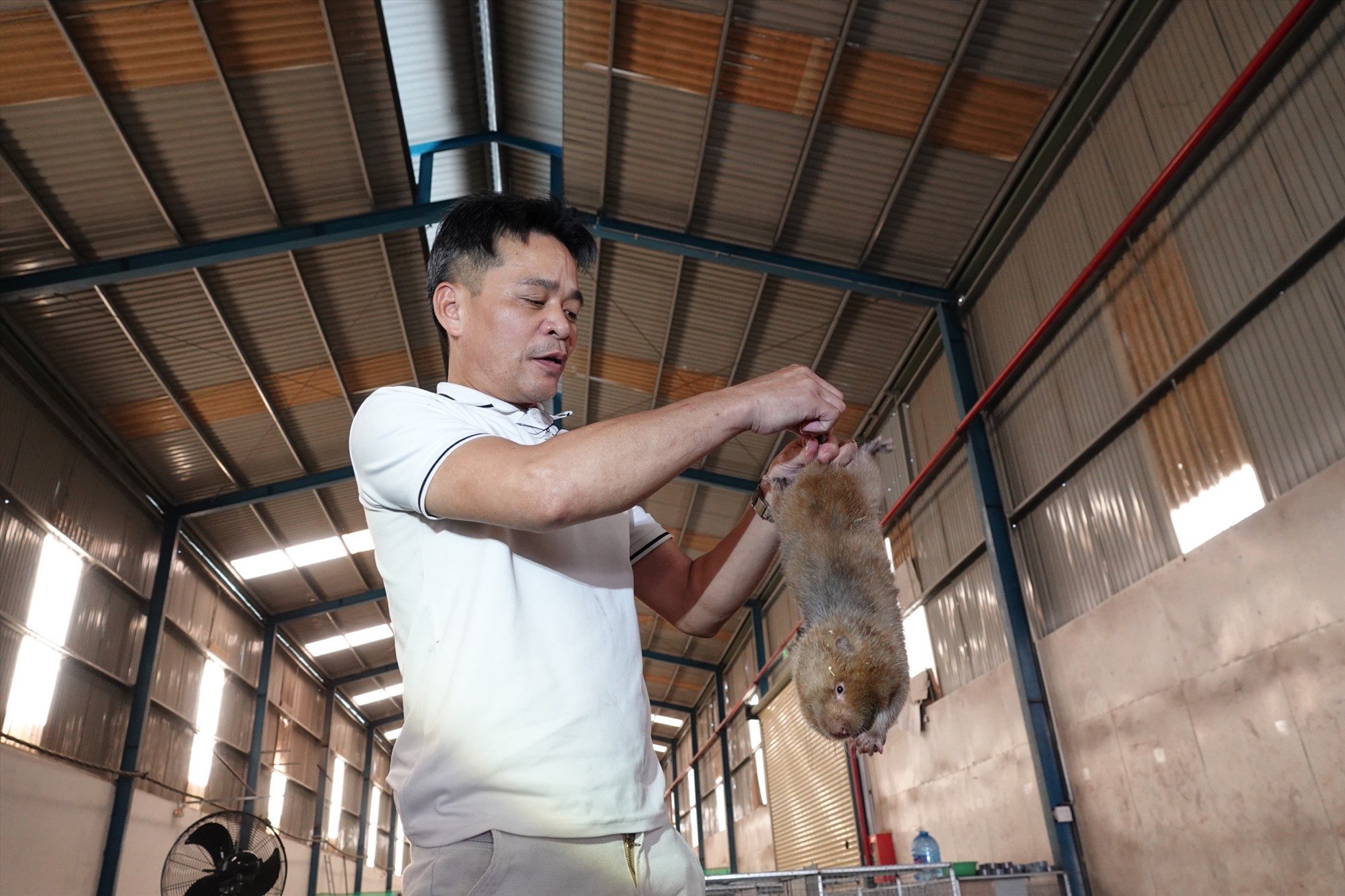
Mr. Chuc chose to raise the Thai peach-cheeked bamboo rat breed to multiply the herd in the largest mountain specialty farm in the West in Binh Thuy district, Can Tho city. Photo: Yen Phuong.
According to Mr. Chuc, the price of peach-cheeked bamboo rats ranges from 500,000 - 800,000 VND/kg depending on the breed; don costs from 1.4 - 1.8 million VND/kg; civets cost from 1.9 - 2 million VND/kg.
Currently, Mr. Chuc supplies breeding bamboo rats, breeding civets, breeding civets and commercial bamboo rats, commercial civets, and civets from North to South, bringing in an income of 5 - 6 billion VND per year.
Source: https://danviet.vn/trang-trai-khong-lo-o-can-tho-nuoi-la-liet-con-dac-san-nui-rung-la-dong-vat-hoang-da-thu-6-ty-nam-20241220094431219.htm


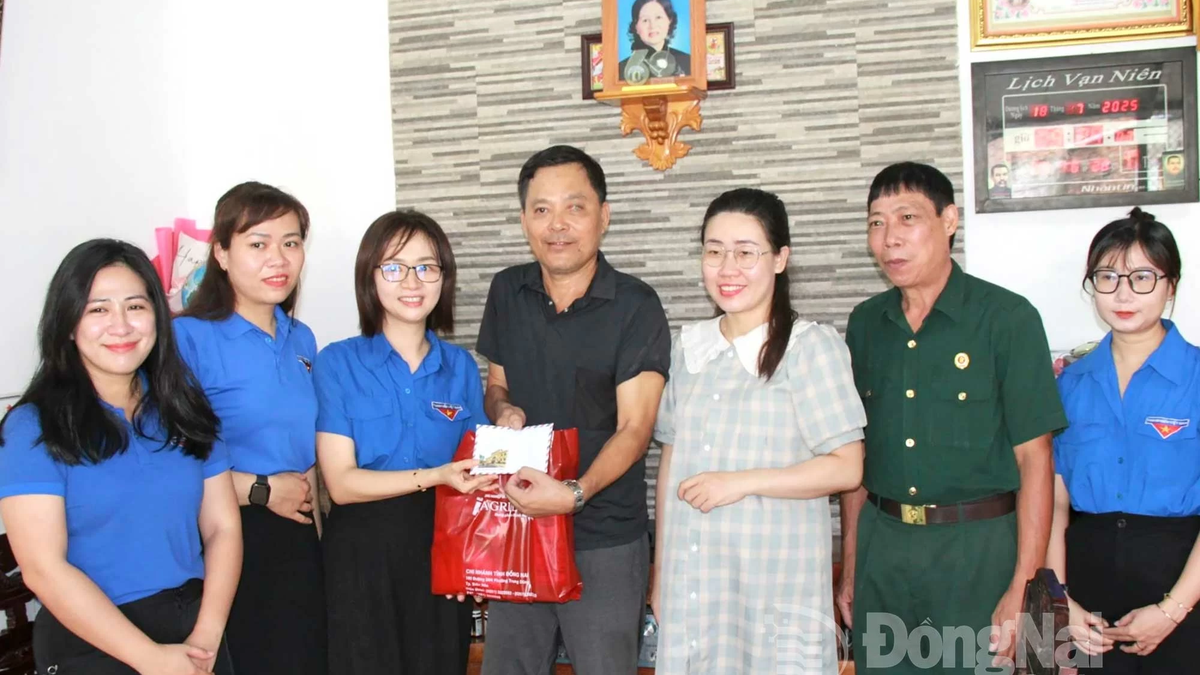


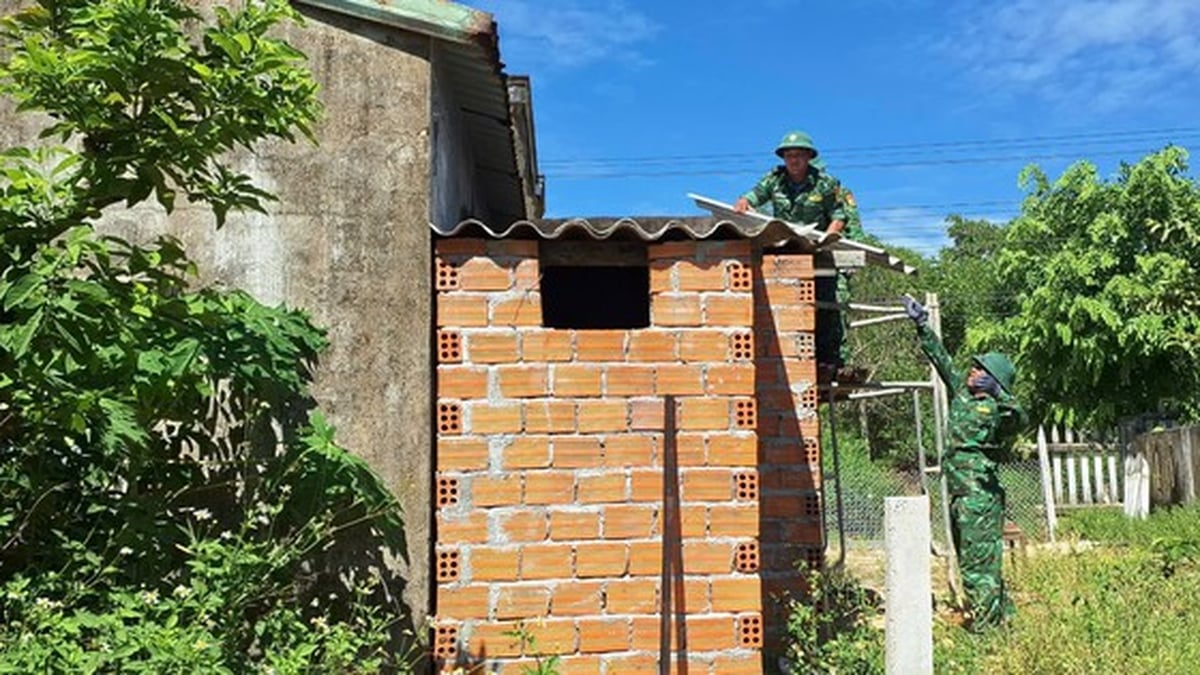



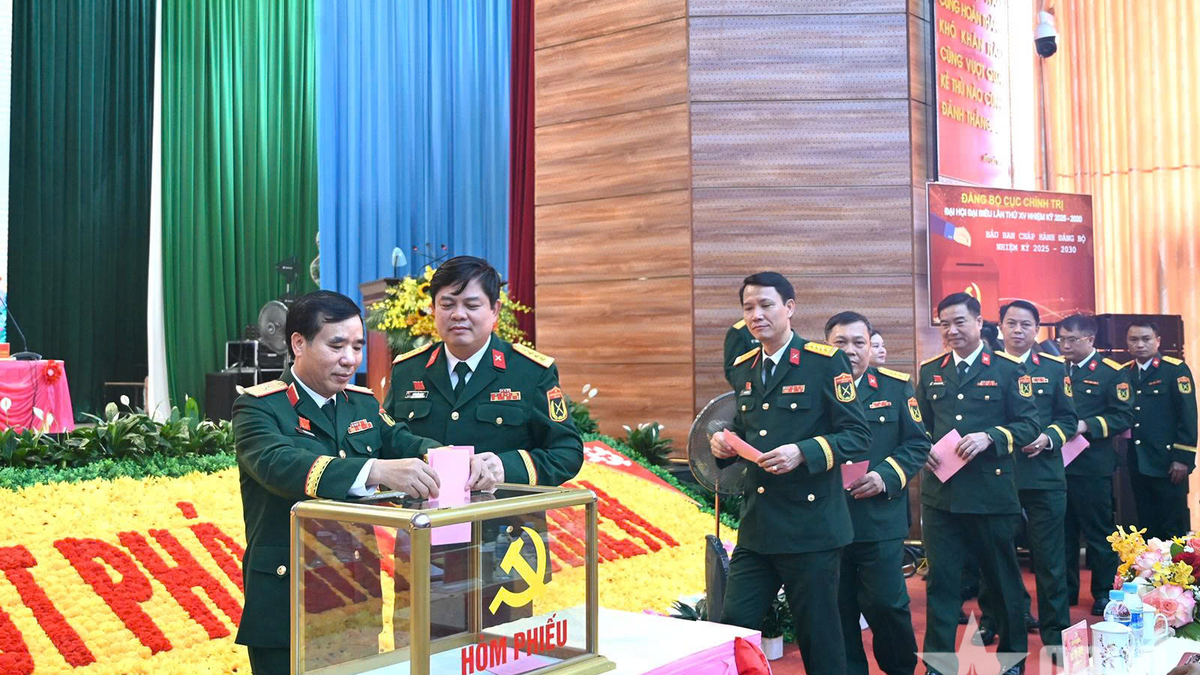




















































































![[Infographic] In 2025, 47 products will achieve national OCOP](https://vphoto.vietnam.vn/thumb/402x226/vietnam/resource/IMAGE/2025/7/16/5d672398b0744db3ab920e05db8e5b7d)





Comment (0)